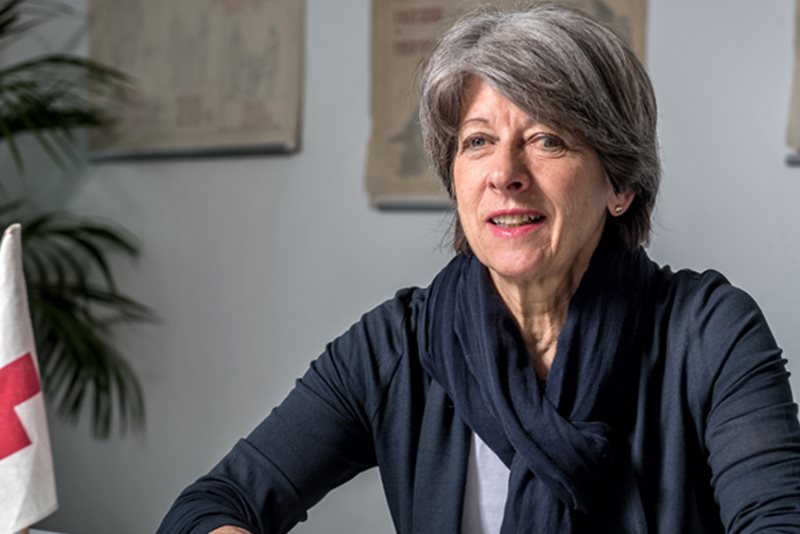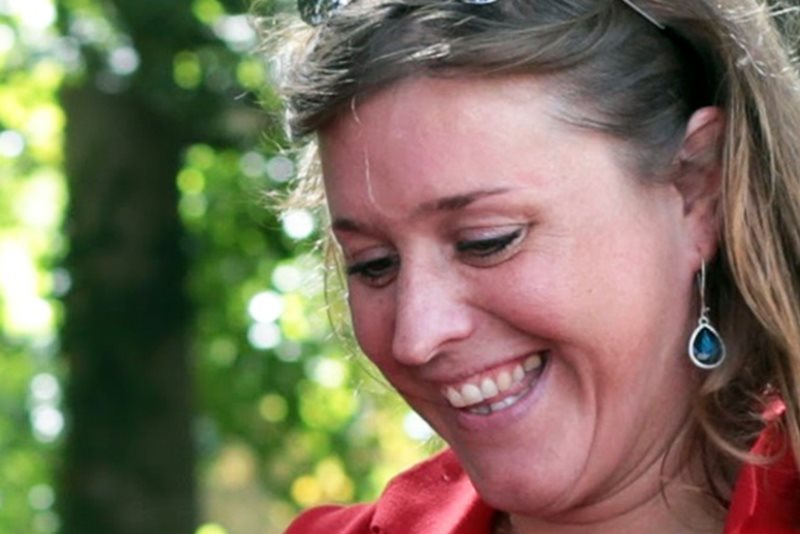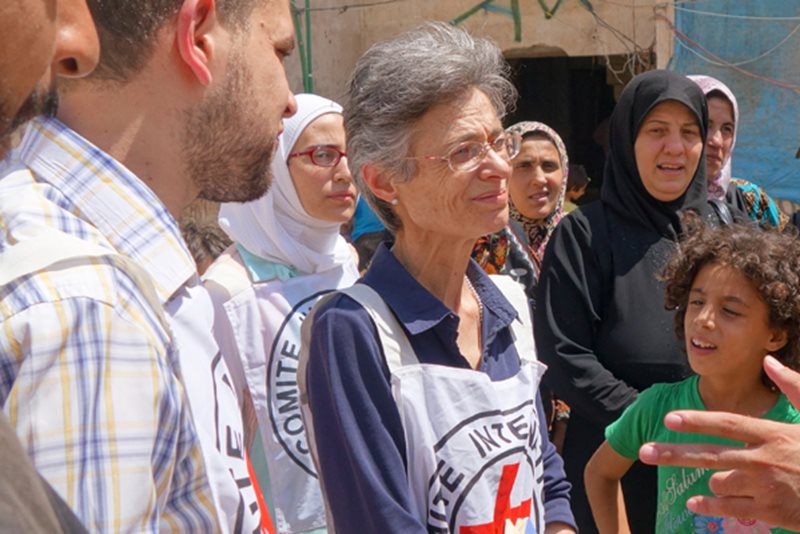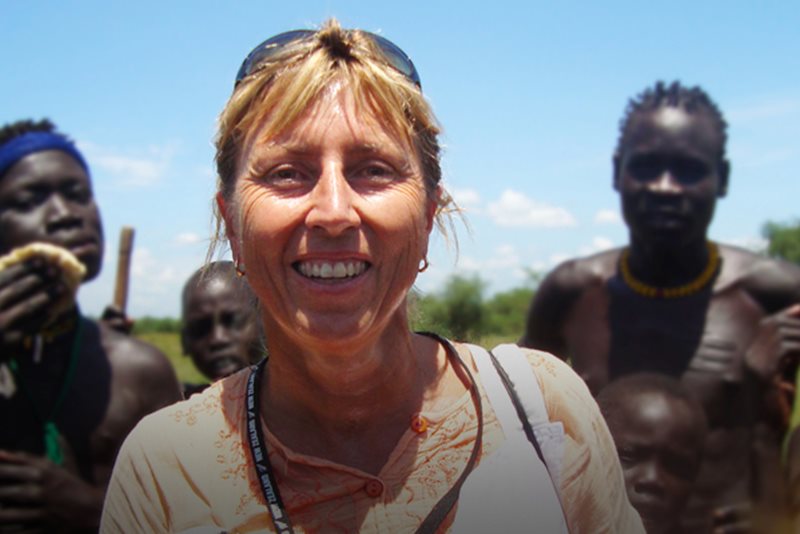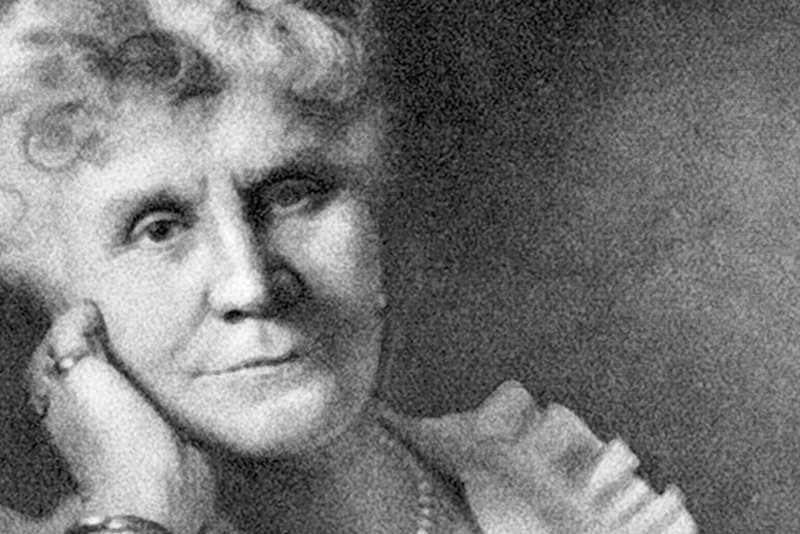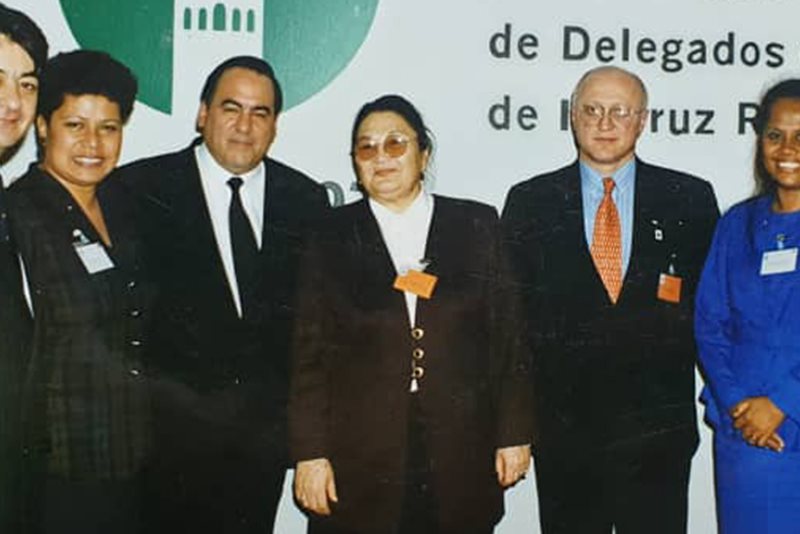

Ibraimova Raisa Belekovna began her professional activities in 1962 as the head of the out-patient clinic in the village of Severnaya and later on she was appointed as chief doctor at the Cholpon-Ata district hospital. In 1969, she was elected Chairman of the Central Committee of the Red Crescent Society of the Kirghiz USSR.
Everyone who ever met Raisa Belekovna will remember her: she was a charming woman whom everyone would trust from the moment she introduced herself. And she met a lot of people. She visited every single district, hospital and nursing home in the country where she talked with every single person – from nurses to chief doctors. Besides that, she would go out and meet groups of various institutions and organizations to talk about the Red Cross and the importance of blood donation. Often, the amount of donated blood would increase immediately after her visit. It was in those years that blood donations flourished, and Kyrgyzstan never had an acute shortage of blood. Mostly thanks to the thousands of donors who were honoring Raisa Belekovna’s wish.
In 1967, the Soviet Red Cross, which at that time included the Kyrgyzstan Red Crescent, was awarded the Order of Lenin for great achievements in helping Soviet health care and active participation in humanitarian activities. It was during those years that the Movement dedicated a lot of time to improving public health care in the country.
Like in 1970, when the Red Crescent, under the guidance of Raisa Belekovna, prepared 13,000 public health inspectors to carry out explanatory work on measures to prevent infectious diseases and the need for timely access to medical care. At the same time over 100,000 leaflets on the prevention of acute gastrointestinal diseases were distributed among the population with the help of sanitary aviation. Due to this joint effort between the Red Crescent and health authorities, the average life expectancy increased to 70 years, in comparison to 40 years in 1939.
– Ibraimova Raisa Belekovna, KyrgyzstanShe cared deeply about people
During those same years there were a lot of car accidents in the country. Since there were barely any phones available, most of these accidents were fatal. When an accident happened, the people involved often had to ask the passengers of the passing cars to drive to the nearest town with a phone and inform the ambulance. Often the medical team would take a long to arrive and in the worst care, someone would die without even getting a real chance of survival.
It was clear for Belekovna that something needed to change. She introduced the idea that the country needed medical posts along the highway. An immense project, but Belekovna made it happen. With time, medical stations were opened every other 15 kilometers along the Issyk-Kul highway. The medical stations were set up in private houses and the Red Crescent team taught the family members how to provide first aid and gave them everything they needed to help someone in need, including a phone line.
Belekovna cared about people. Under her leadership a nursing home opened in Kara-Balta in 1990. From 1995 to 2001, the Red Crescent delivered over 500,000 humanitarian food packages and more than 250 ton of clothing to lonely elderly people, people with disabilities, orphans, families with many children and refugees. Raisa Belekovna was a consistent, principled and deeply decent bright person. The staff and volunteers of the Red Crescent still have blessed memories about her.

Companies where 8 out of every 20 managers are female, generate about 34% of their revenues from innovative products and services. In companies where only 1 out of every 20 managers is female, this is only 25%.




